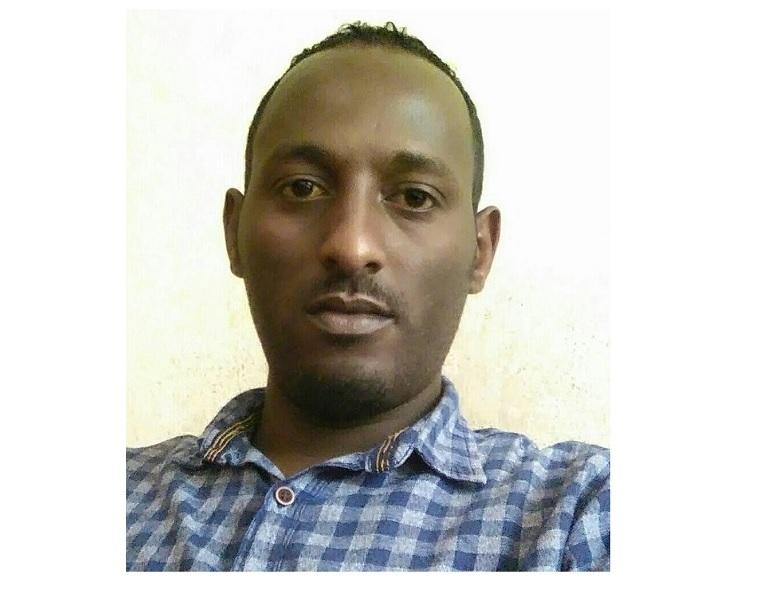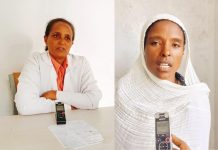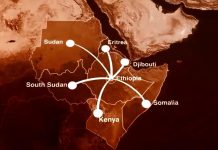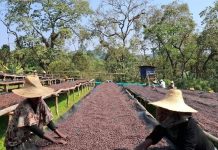Africa-Press – Ethiopia. Ethiopian News Agency put questions to Gutema Daniel, Political Science and International Relation expert and a PhD student, in connection with the third filling of GERD and related issues.
Question: What does achieving the third filling of the Renaissance Dam mean to Ethiopia?
Answer: This is significant achievement in many ways. First it is an indication of successfully defending national interest of the country, even when lots of pressure were put on the government by Egypt, Sudan and “international community”. The legitimate interest of Ethiopia in utilizing the resources of Nile river, as the one country contributing more than 85% to the river is sidelined and neglected by outside actors bent on pursuing their other interests at the expense of Ethiopia. That is no longer the case, and using GERD to generate electricity without significantly harming water flow to Sudan and Egypt (even that insignificant reduction is required only until the dam is filled) is not legitimate but a necessity for a poor country like Ethiopia. Second this will contribute to national development goals of the country by electrifying the majority of rural areas that are currently without electric power and increase industrialization by making abundant electric power available.
Question: Many people say that the completion of GERD will be a game changer for Ethiopia? If so how?
Answer: It is game changer because it exemplifies that Ethiopia can fund on its own mega projects and can also push towards their completion. Outside sources of funds for the project were sought but to no avail. This led to reliance on domestic sources of funding: the government, private sectors and donations by individuals across the board. This can set a good precedent for future. In addition, it is a lesson for the country that in spite of change of government, there are continuities when it comes to defending national interest. If there is a continuity with the change of leadership in 2018, it is the commitment to push GERD to the finishing line.
Question: Egypt keeps trying to take the case of GERD to various international institutions. Do you think that affects Ethiopia’s stand?
Answer: Thanks to their better bargaining power vis a vis international financial institutions like World Bank and great powers like the US, the Egyptian government was able to put lots of pressure on Ethiopian government after they opted out a rational arrangement with them that Ethiopia sought to kick start the filling of the dam. International institutions did put lots of pressure on Ethiopia, but the record so far indicates that Ethiopia did and can withstand such pressures and not compromise on national interest.
Question: Egyptian position on the Renaissance Dam is politically motivated than win-win economic interest. Why?
Answer: The Egyptians so far think about GERD through the lens of zero sum politics: Ethiopia’s gain is a loss for Egypt. Even if this view tends to dominate how most people think about international politics, that is not always necessarily pragmatic and useful. Alternative ways of thinking about international politics are possible, and the change in the way usually changes how we interact and act. This is not merely a theoretical possibility as the change in Europe since 1945 towards a more peaceful and cooperative relations indicate. This is particularly the case for transnational resources like rivers, where positive sum game is possible and everyone benefits from cooperation than competition and conflict. Sticking with the example of Europe, the countries in Nile Basin can learn a lot from European countries’ cooperation for mutual benefit on transnational rivers like Rhine, which is buttressed by fair and rational treaties.
Question: Will the completion of GERD improve Ethiopia’s regional role?
Answer: I would like to view it more in terms of regional cooperation/integration. That said GERD can significantly improve Ethiopia’s standing within Horn region. As a landlocked country, Ethiopia is dependent on its neighbors for access to the sea. This can lead to dependence of Ethiopia on its neighbors. But if Ethiopia can fully exploit its hydro power potentials and can provide a cheaper alternative source of power, then we have a possibility for a mutually beneficial interdependence in the Horn of Africa.
Question: How do you see the Renaissance Dam project in enhancing cooperation between the countries of the region?
Answer: Already Ethiopia shares electric power with some of its neighbors. And the recent agreement with Kenya to increase Ethiopia’s energy export points that more energy cooperation with our neighbors is possible. This can lead to a mutually beneficial interdependence among countries of the Horn and even have spillover effect that can lead cooperation in other areas.
Question: Sudan has a vast agricultural land to benefit as a result of regulated flow from GERD. How come Sudan protests GERD reservoir in recent time?
Answer: I think the Sudanese are misconceiving Ethiopia’s intention and their close ties with Egypt (their zero-sum view on Nile) is not helping them to look forward to their long term interest, which is to work with Ethiopia and find a working formula, still better an agreement/treaty, that allows cooperation on how to use the waters of Nile river. That requires a rethinking of the changing dynamics in the Nile river basin and a move away from colonial era treaties that gave complete control to Egypt and Sudan and concomitant mentality. The sooner they do so, the better it is for the whole Nile basin countries.
For More News And Analysis About Ethiopia Follow Africa-Press






